Tailored Drainage Installations for Your Outdoor Space
Landscape drainage services encompass a variety of solutions designed to manage excess water on residential and commercial properties. These services include installing French drains, surface drains, and catch basins to prevent water accumulation and soil erosion. Proper drainage helps protect landscape features, foundations, and walkways from water damage. Different types of drainage systems are selected based on the property's topography and water flow patterns. The installation process involves careful planning, excavation, and placement of drainage components to ensure effective water diversion. Regular maintenance of drainage systems is essential to keep them functioning optimally. Effective landscape drainage enhances the property's usability and aesthetic appeal by reducing standing water and preventing landscape damage.
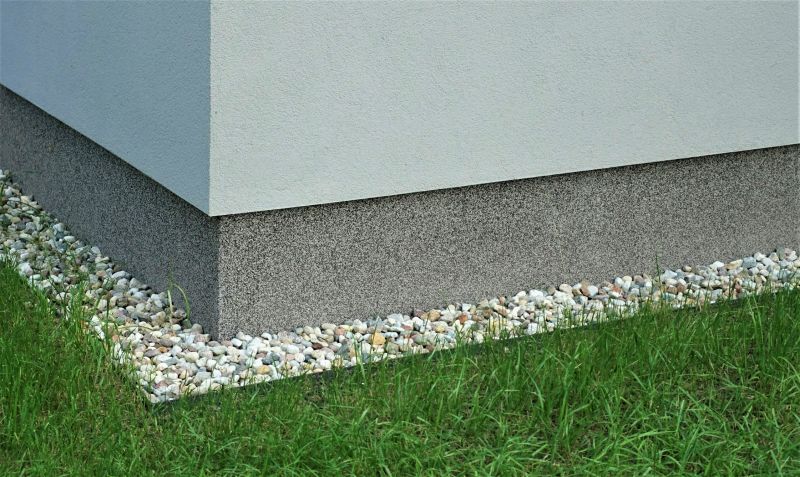
A French drain is installed to redirect water away from foundations and low-lying areas, preventing water pooling and soil erosion.
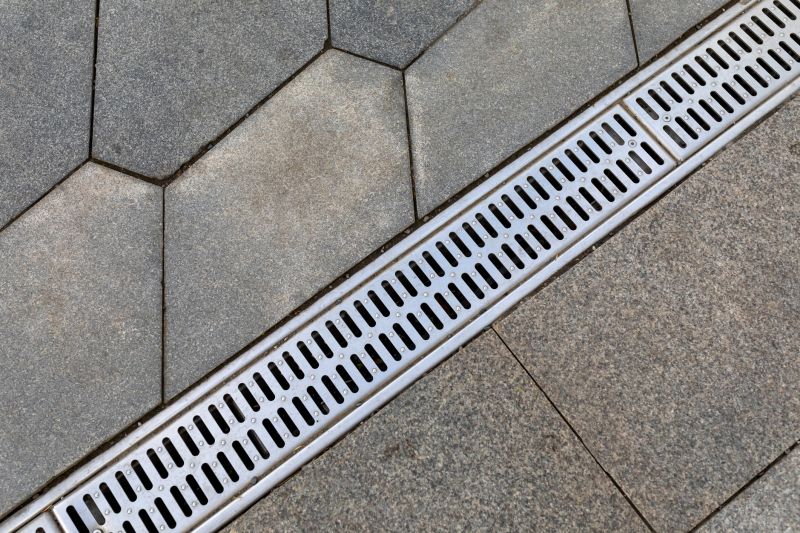
Surface drains are positioned to collect runoff from driveways and patios, directing it to appropriate outlets.
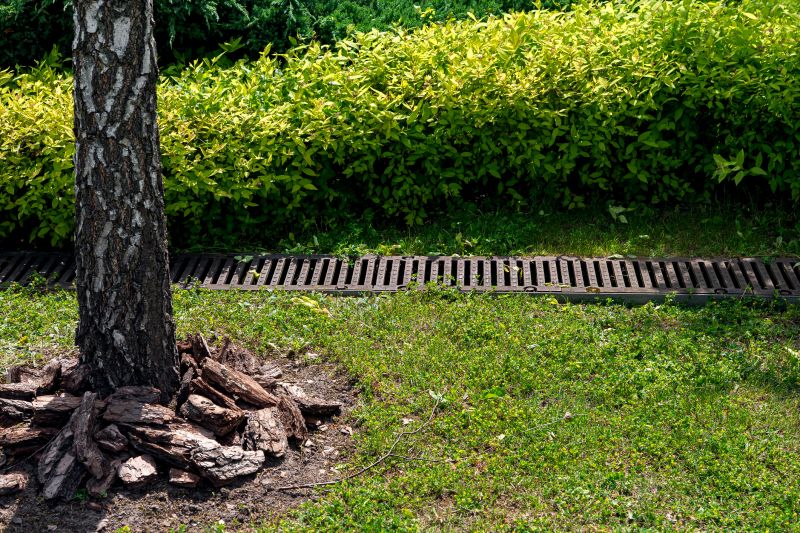
Catch basins are integrated into the landscape to capture surface water and prevent flooding.
| Benefit | Description |
|---|---|
| Prevents Water Damage | Proper drainage reduces the risk of water seeping into foundations and causing structural issues. |
| Reduces Soil Erosion | Effective drainage systems protect soil integrity by managing runoff and preventing erosion. |
| Enhances Landscape Appearance | Proper water management maintains the aesthetic quality of lawns and garden beds. |
| Improves Safety | Drainage prevents standing water that can cause slips and falls. |
| Increases Property Value | Well-maintained drainage systems contribute to overall property appeal and value. |
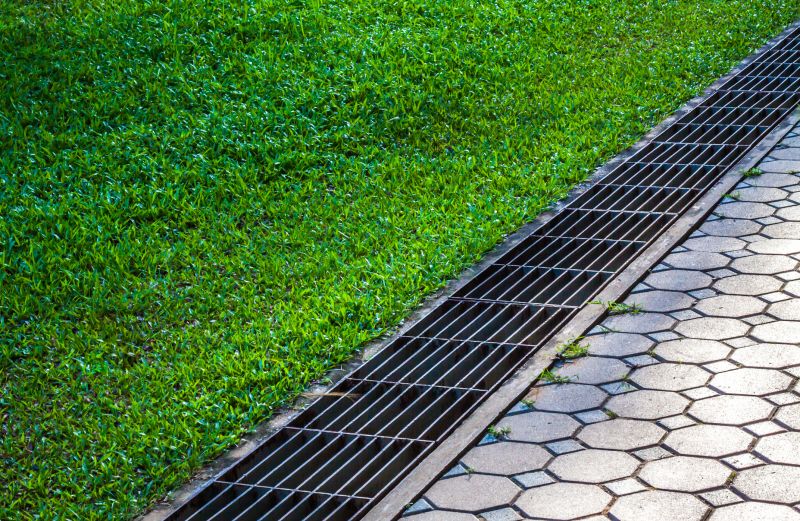
Inspection of existing drainage components to identify and address potential issues.
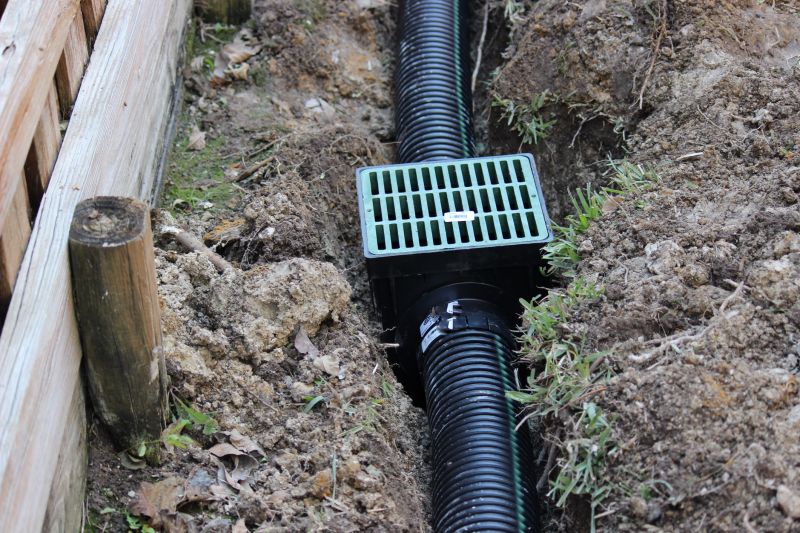
Laying drainage pipes to efficiently channel water away from problem areas.
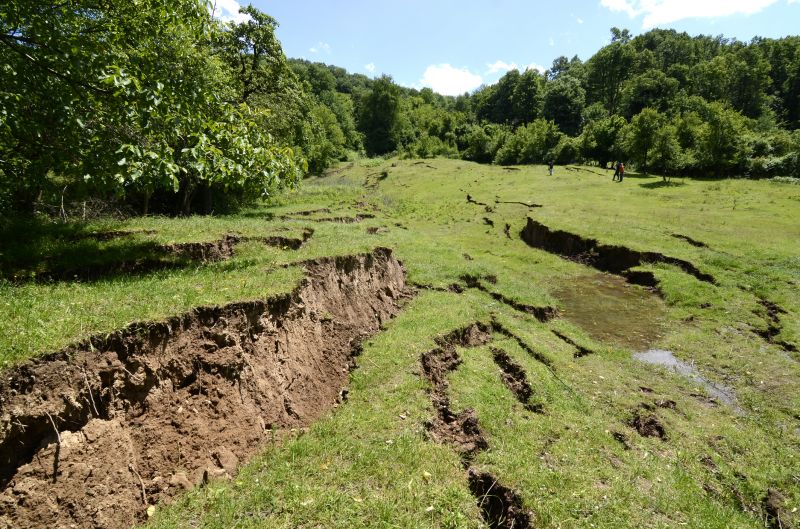
Implementing solutions to prevent soil erosion caused by water runoff.
The process of installing landscape drainage involves an initial assessment of the property to identify water flow patterns and problem areas. Planning includes selecting the appropriate drainage solutions such as French drains, surface drains, or catch basins. Excavation work is performed to create trenches or install underground piping, ensuring proper slope for water movement. Components like gravel, fabric, and drainage pipes are carefully placed to facilitate water flow and prevent clogging. After installation, the system is tested to confirm functionality and effectiveness. Restoration of the landscape involves grading and soil replacement to blend with existing features. Regular inspection and maintenance are recommended to keep the drainage system operating efficiently and to address any emerging issues promptly.
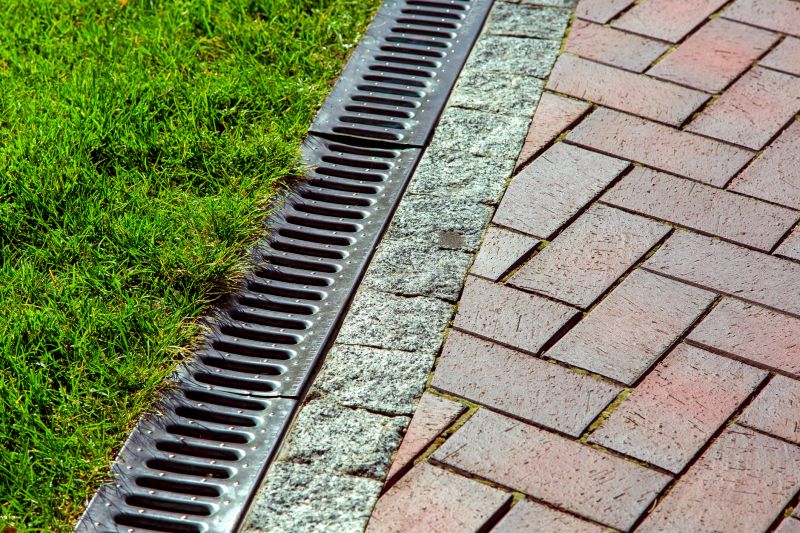
Testing installed drainage to ensure proper water flow and system performance.
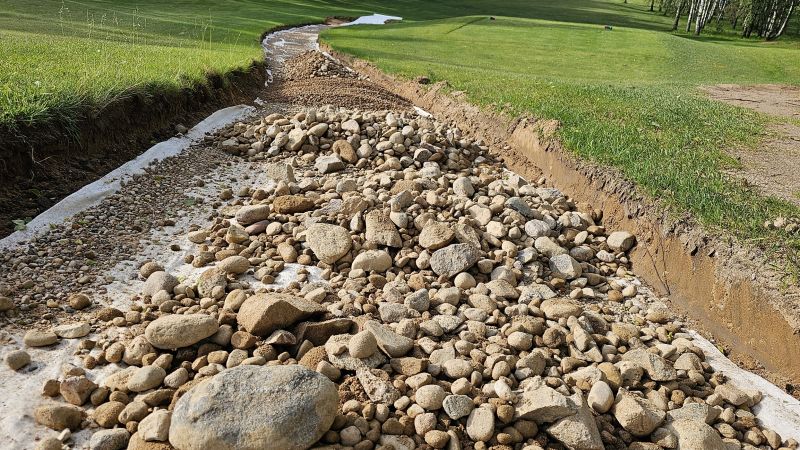
Regrading the landscape to ensure proper slope for effective drainage.
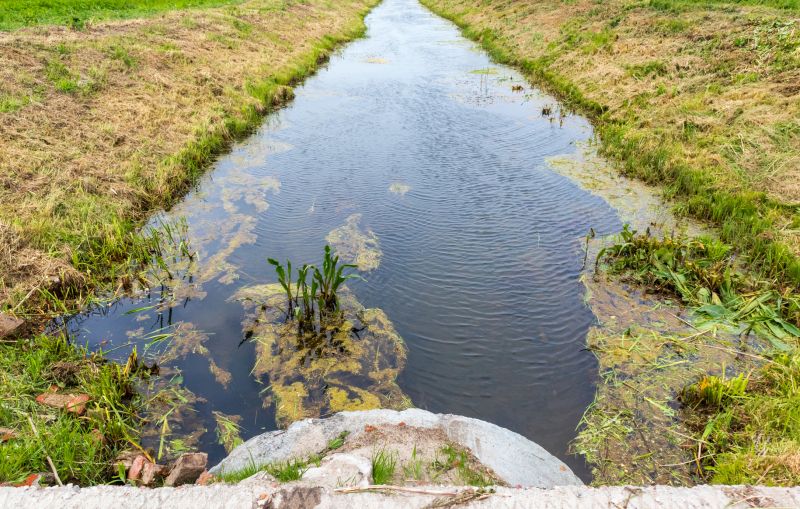
Refilling and restoring soil to its original level after drainage installation.
Hiring a professional for landscape drainage installation ensures that systems are designed and installed correctly to meet specific property needs. Professionals have the expertise to evaluate water flow, soil conditions, and landscape features to select the most effective solutions. Proper installation by experienced technicians minimizes the risk of future failures or costly repairs. Professionals also possess the necessary equipment and knowledge to perform excavation, piping, and grading efficiently and safely. They can identify potential issues early and recommend maintenance strategies to prolong system life. Engaging experts helps achieve optimal water management, enhances landscape stability, and preserves property value over time.
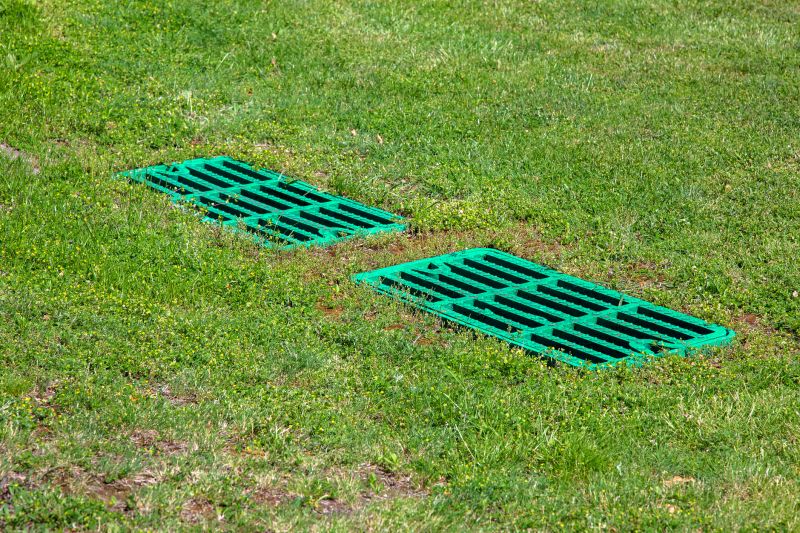
Professional installation ensures proper system design and placement for maximum efficiency.
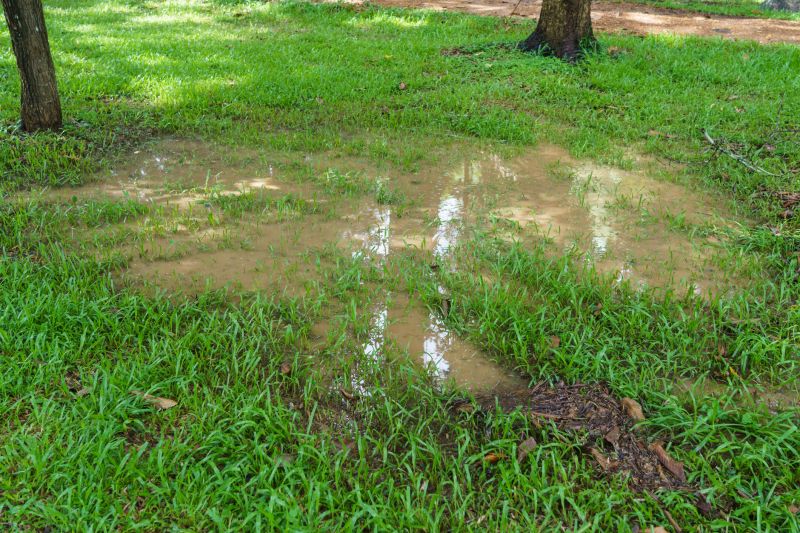
Assessing landscape conditions to determine the best drainage solutions.
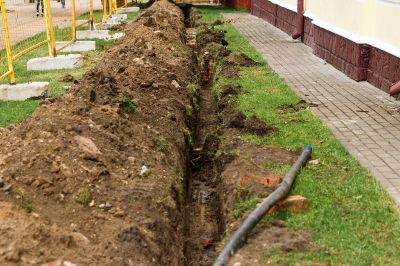
Careful excavation and piping to ensure effective water diversion.
Effective landscape drainage contributes to the longevity and functionality of outdoor spaces. Professionals bring experience in assessing complex water flow issues and implementing tailored solutions. Proper installation reduces the likelihood of water pooling, soil erosion, and landscape damage. It also ensures compliance with local regulations and standards. Engaging experts can save time and resources by avoiding common installation pitfalls. The result is a well-designed drainage system that seamlessly integrates with the landscape, providing long-term water management benefits. Properly installed drainage systems support healthy lawns, gardens, and structural integrity of the property.
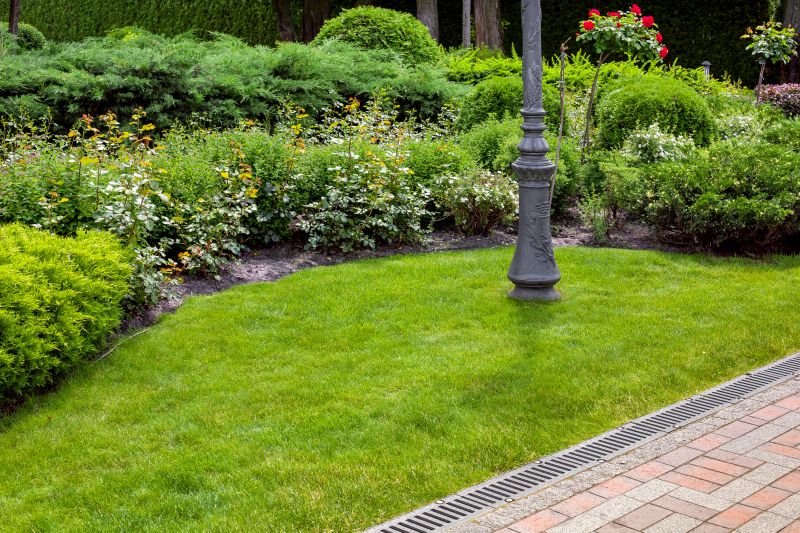
Routine checks to keep drainage components clear and functioning properly.
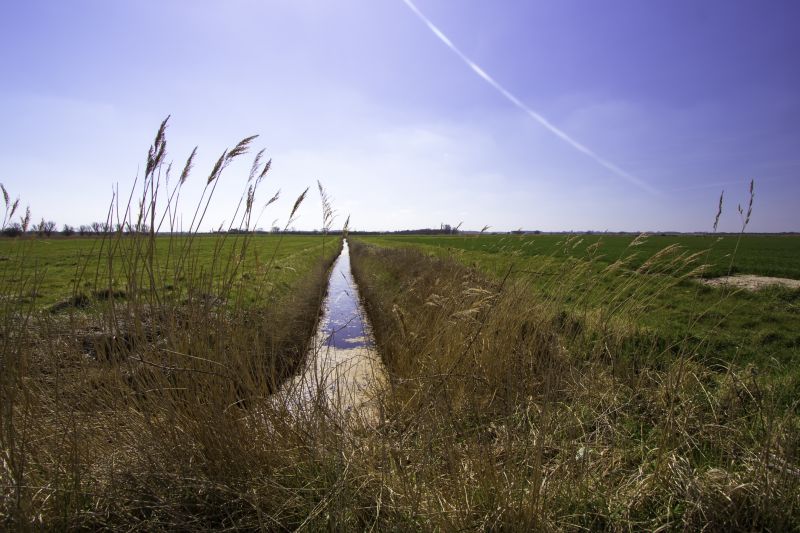
Restoring areas disturbed during drainage installation for a seamless appearance.
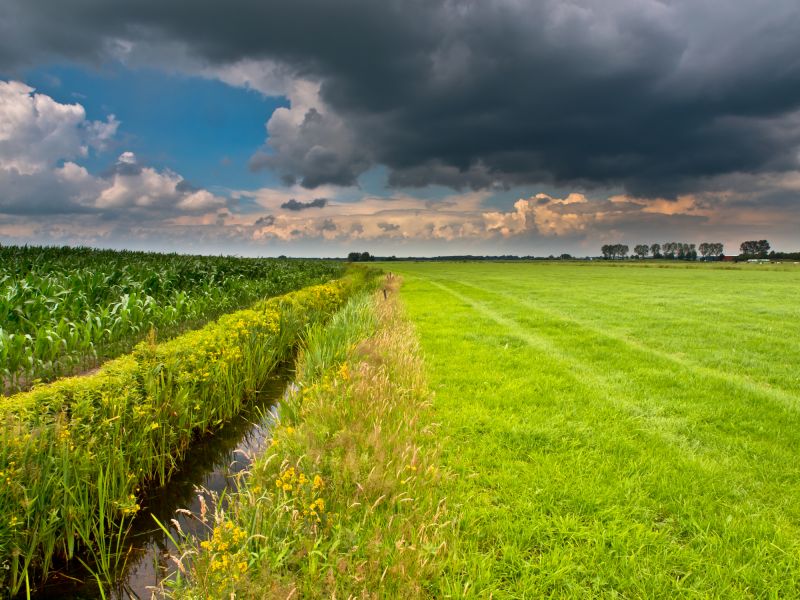
Verifying that water is effectively diverted away from problem zones.
Maintaining a properly installed landscape drainage system is essential for sustained performance. Regular inspections help identify clogs, sediment buildup, or damage that could impair water flow. Prompt repairs and cleaning ensure the system continues to protect the landscape and property foundations. Proper maintenance extends the lifespan of drainage components and prevents costly repairs in the future. Consulting professionals for periodic evaluations can optimize system efficiency and adapt to changing landscape conditions. A well-maintained drainage system preserves the landscape’s health and prevents water-related issues that can compromise property value and safety.

